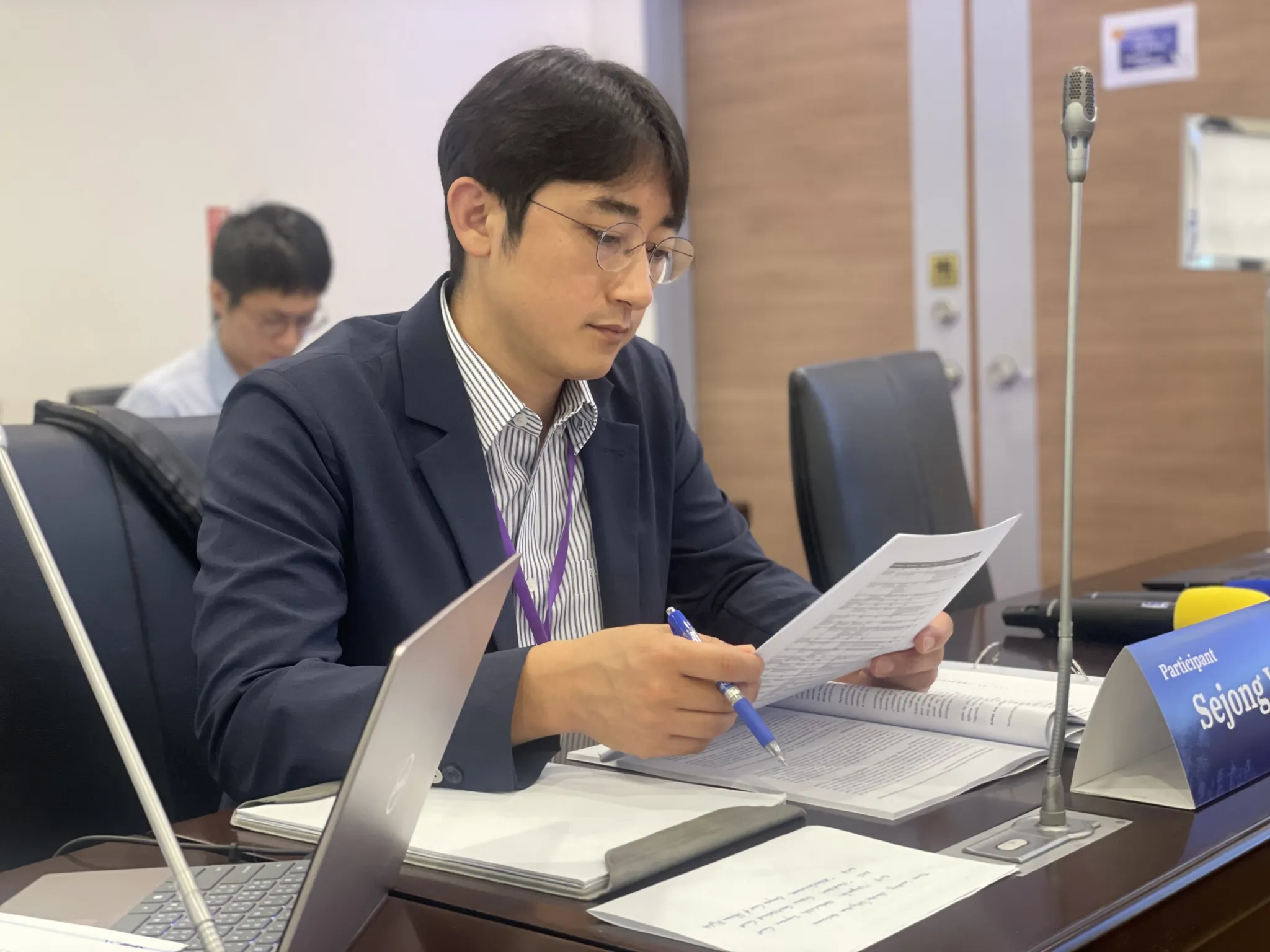South Korean Constitutional Court Ruling: A Landmark Decision in Climate Litigation

The case was brought before the Court by a coalition of young climate activists, including members of the youth environmental organisation ‘Youth 4 Climate Action’. They argued that the current law which mandates a 40% reduction in GHG emissions by 2030 compared to 2018 levels, did not go far enough in protecting their environmental rights and those of future generations. The Court upheld this argument, stating that the absence of post-2030 targets violated the State's constitutional duty to protect its citizens from the adverse effects of climate change. South Korea is historically high-performing within International IDEA’s GSoD framework – excelling particularly in the indices of Representation and Rights. Over the last five years, it has however suffered declines in Civil Liberties, Freedom of the Press, Effective Parliament and Access to Justice.
Notably, the Court did not declare the whole of the 2030 Nationally Determined Contribution (NDC) unconstitutional, in recognition of the margin of discretion of the legislative and the executive branch in determining specific reduction targets. Instead, it focused on the absence of any legal framework between 2031 and 2049 and required the National Assembly to revise the law to include milestone targets up to 2050.
More importantly, the Court ruled on how the target should be set. The Court prescribed that climate targets must be based on (i) scientific facts, (ii) international standards, and (iii) the share of burden the nation ought to bear in the context of the global efforts against climate change. This is expected to significantly alter the discussions on climate targets including the ongoing discussions surrounding the 2035 NDC and may lead to a reassessment and enhancement of the 2030 NDC because the scientific facts undeniably requires immediate enhancement of mitigation efforts.
The historic ruling is expected to spark the much needed change in Korean politics and policy discussions. Sejong Youn, Director of Plan 1.5, a Seoul-based climate organisation, and the counsel for the youth plaintiffs, emphasised that while the ruling represents a major shift in the legal landscape, there is still much work to be done to implement the decision into actual changes.
"This is the first time climate change is acknowledged as a constitutional rights matter, the first time rights of future generation is acknowledged, and the first time the Court held the State in violation of its constitutional duty to protect its people from the threats of climate change,” he said, but noted that the real work starts now as the civil society needs to convince and pressure the National Assembly to align the reduction pathway with science and international responsibility. “This has never been easy, but now we have the constitutionality argument backed by the Court,” he added.
Youn also highlighted the broader implications of the decision for climate litigation worldwide. "What we are hoping with our climate litigation at the Constitutional Court is really spreading the role of the judiciary in fighting climate change. We have experienced political failure all around the world, and we know it's not enough. This is the time when the constitution plays its role in protecting its people and community," he said, on the sidelines of the Eighth Melbourne Forum in Taipei, Taiwan.
The Court’s decision now requires the South Korean government to establish a clear, science-based pathway to carbon neutrality by 2050. This will likely involve setting more ambitious targets that align with the country’s share of global responsibility in mitigating climate change. The ruling also sends a strong message to other countries that climate change is not just a political or environmental issue, but a matter of fundamental rights that courts are increasingly willing to defend.
As South Korea revisits its climate policies, the impact of this ruling will be closely watched by climate advocates and legal experts in Asia and worldwide. It sets a precedent to inspire future cases, reinforcing the idea that governments have a constitutional obligation to protect current and future generations from the catastrophic impacts of climate change.




